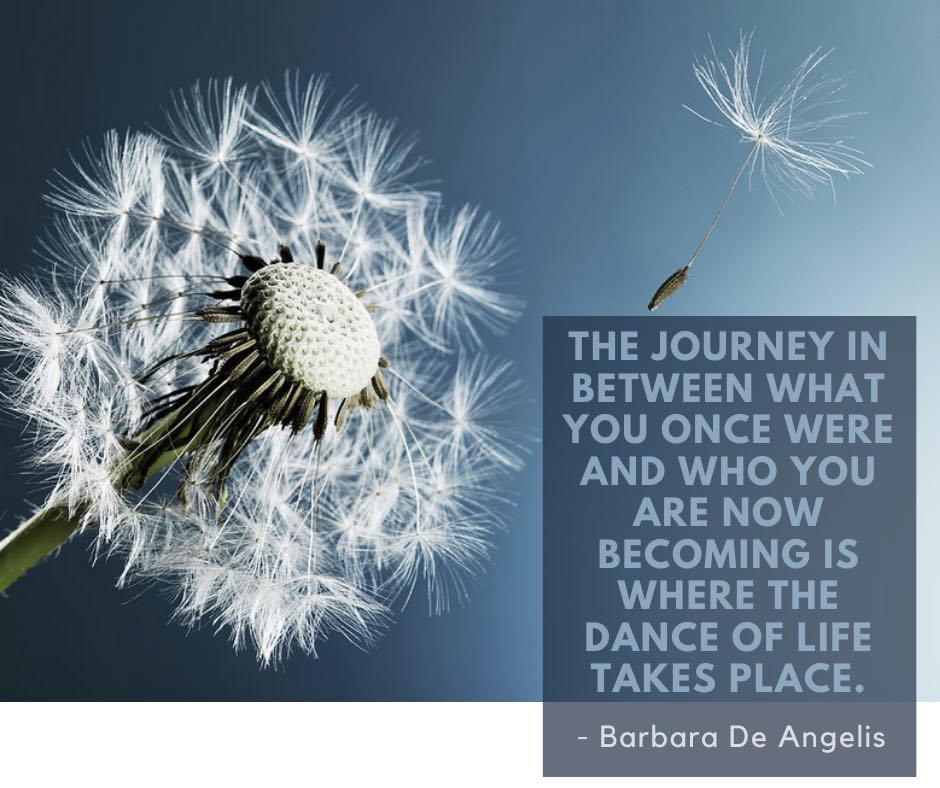
Career Advisor
In The Pleasures and Sorrows of Work, Alain de Botton wrote about his experiences spending time with people working in a range of professions. While shadowing a career advisor at a career fair, he witnessed how infrequently the man’s advice was sought out by students:
“He spoke of how few people were willing to invest in his services, and how few of those engaged him for more than a single introductory session… Most people were resigned to spending their entire adult lives working at jobs chosen for them by their unthinking sixteen-year-old selves… A few passers-by picked up leaflets as they brushed past the stand, but most moved on in a hurry, headed for a defence contractor and a supermarket chain across the way.”
Alain concluded with a reflection on how indifferently our society perceives a career adviser:
“It struck me as strange and regrettable that in our society something as prospectively life-altering as the determination of a person’s vocation had for the most part been abandoned to marginalised therapists practising their trade from garden extensions. What should have been one of the most admired professions on earth was struggling to attain the status open to a travel agent.”
Around the time that Alain was making this observation, a survey came out in the stating that 45% of people over fourteen either had no career advice, very poor advice or limited advice.
It is easy to apportion blame to an education system designed to hem us into neat compartments but perhaps the lion’s share of responsibility rests with our own passivity.
Dying Slowly or Unfurling Gracefully?
Popular culture frequently serves up examples of greatness being birthed from a crisis.
Steve Jobs is gutted after being kicked out of the very company he created. He gets back on his feet, then later returns to take it from mediocrity to a world-beater.
Malala Yousafzai gets shot by a Taliban gunman after speaking up for the rights of girls to get an education. She survives and becomes the poster child for equality and female empowerment before going on to receive the Nobel Peace Prize.
While crises can serve to shock us out of our lethargy or lack of direction, most of us are more familiar with what can be called dying slowly.
The journalist Bill Moyers was haunted by an encounter with a working stiff who said to him after years of standing on the platform of the subway, “I die a little bit down there every day.”

New Job
Often it takes a midlife crisis to jolt us out of our somnambulism.
In the film, The Rage in Placid Lake, Placid is a wide-eyed young man who throws off his bohemian upbringing to become a functioning member of society, taking on a white-collar role at an insurance company.
Placid asks a stalwart of the company about what career path he might hope to follow there. His thoroughly jaded mentor responds by saying:
“Career path, sure, I’ll map it out for you. You start young, taking the piss. You’re just staying a year or two here ‘cos you’ve got hopes and dreams. Then they rope you in… You hate it but you shove it down, deep into your gut. No, lower, you clamp it into your balls. And then you turn around at 50, balls ridden with cancer, fat-gutted, rarely laid and a feeling in your stomach like you’ve swallowed a litre of sour milk. But you haven’t, it’s just what your dreams have turned into.”
Unfortunately, our school career advisors never warned of the ramifications of settling for staid, sensible jobs.
Brazilian poet Martha Medeiros captured this tendency we’ve adopted toward leading ‘lives of quiet desperation' in her poem “Die Slowly”:
“He who becomes the slave of habit,
who follows the same routines every day,
who does not talk to people he doesn’t know dies slowly.
You start dying slowly
If you avoid to feel passion
And its turbulent emotions;
Those which make your eyes glisten
And your heart beat fast.
He or she who does not turn things topsy-turvy,
who is unhappy at work,
who does not risk certainty for uncertainty,
to thus follow a dream,
those who do not forego sound advice at least once in their lives,
die slowly.
Let's avoid death in small doses,
reminding oneself that being alive requires an effort far greater than the simple fact of breathing.
Only a burning patience will lead to the attainment of a splendid happiness.”
Career Development
Many of us are awaiting an epiphany or eureka moment when we will finally find our direction in life.
Medeiros prefers the concept of ‘burning patience.’ It flies in the face of the idea that clarity strikes like lightning.

Our Career Retreat, or our self-directed career evaluation program, is an opportunity to spark and stoke the fire of your own burning patience when it comes to your vocational direction.
Journalling exercises, activities and discussions focusing on pointed questions help get to the heart of the issues surrounding your career and life purpose, fostering the sense of a pilgrimage to discover your centre.
Another potent point that poet made addresses the importance of taking a leave of absence from your ordinary environment and routines. Whether it is being nestled close to nature at our retreat space or taking a virtual sojourn, you may find tightly held beliefs and a limited view of your potential recede into the distance.
When it comes to taking the plunge toward individuation, the question isn’t whether you are experiencing a crisis or slow death, the question is whether or not you’ll take action.
Our offerings may just be the catalyst you require when it comes to the attainment of a splendid happiness.
find out more about our career retreat
